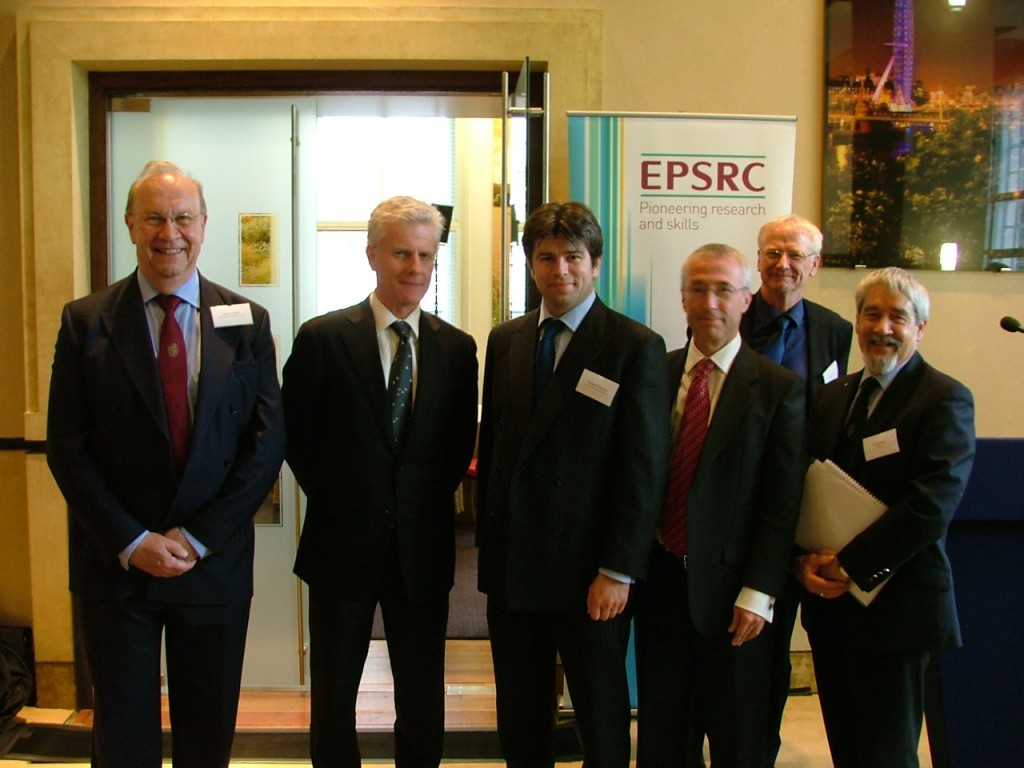Experts at Newcastle University will lead a £3.5 million Centre set up to investigate how technical and market interactions between our energy, water, transport, waste and digital technology systems can be exploited to get better economic, social and environmental value from our infrastructure.
“These challenges place further pressure on the UK’s existing business models for infrastructure delivery that are in many cases already providing poor value.”
Professor Dawson said the key aim of the new Centre was to develop new business models that are able to reduce costs but also provide better value for people and the environment throughout the design, construction, operation, maintenance, decommissioning or conversion of the infrastructure systems.
“While national scale infrastructure planning remains important, it is at the scale of neighbourhoods, towns and cities – the focus of i-BUILD – that infrastructure is most dense and interactions between infrastructures, economies and society are most profound.
“We aim to harness the power of the Localism Act, City Deals and Local Enterprise Partnerships (LEPs) and the innovation of communities to stimulate local economic growth through infrastructure delivery.
“After all, our national infrastructure and economy are only as good as the sum of their parts and this project offers us a real opportunity to innovate the way we deliver infrastructure and consequently stimulate economic growth.”
In Newcastle, i-BUILD will have a focus around Science Central, the country’s largest inner-city regeneration project that is set to become an exemplar of Sustainability research for the UK. The site will be used as a pilot for the i-BUILD project to demonstrate how infrastructure can be planned and financed in a smarter way to better support local communities and to stimulate growth.
Similar case studies will be developed in Leeds, Birmingham and elsewhere.

